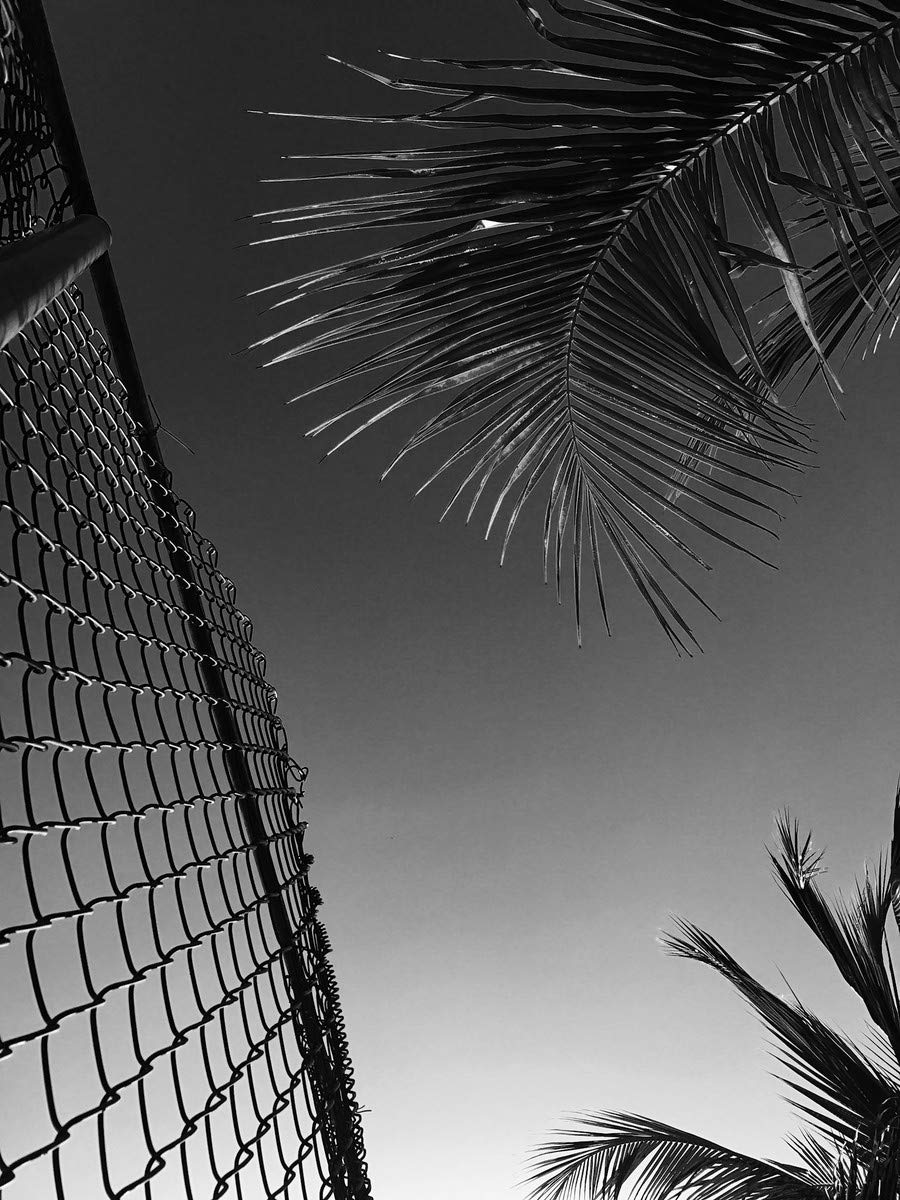
Categorii: Neclasificat
Limba: Engleza
Data publicării: 2018
Editura: David Zwirner Books
Tip copertă: Paperback
Nr Pag: 96
ISBN: 9781941701829
Dimensiuni: l: 15.5cm | H: 19.5cm | 1.3cm | 270g

In 2017, Chris Ofili photographed chain-link fences throughout the island of Trinidad in order to explore notions of beauty, community, liberation, and constraint. This series of arresting images―“pocket photography,” as described by the artist―is the first body of photography ever published by Ofili. Through these entrancing black-and-white photographs, the artist engages with the diverse sources that inspired his critically acclaimed Paradise Lost exhibition at David Zwirner, New York in the fall of 2017.
Since moving to Trinidad in 2005, Ofili has continued to engage with the surrounding environment and culture, which has found its way into many of his colorful paintings. In these deceivingly simple black-and- white photographs, he captures a wide cross section of Trinidad as he highlights the encounter between natural and man-made settings, and the different aesthetic possibilities each brings out in the other. In focusing on a ubiquitous and seemingly unremarkable piece of equipment, Ofili is able to comment on our interactions with space and each other, using a near- universal subject as the fence slices the sky, melds into a tree, frames a basketball game, or reveals an opening.
In a new essay by the critically acclaimed author of Island People: The Caribbean and the World (2016), Joshua Jelly-Schapiro charts the history of chain-link fences; focusing on a selection of Ofili’s photographs, he then begins to explore what this imagery tells us about Trinidad in particular and the Caribbean as a whole. These two essays―one visual, the other literary―open onto a whole new set of interpretive possibilities for this groundbreaking artist.